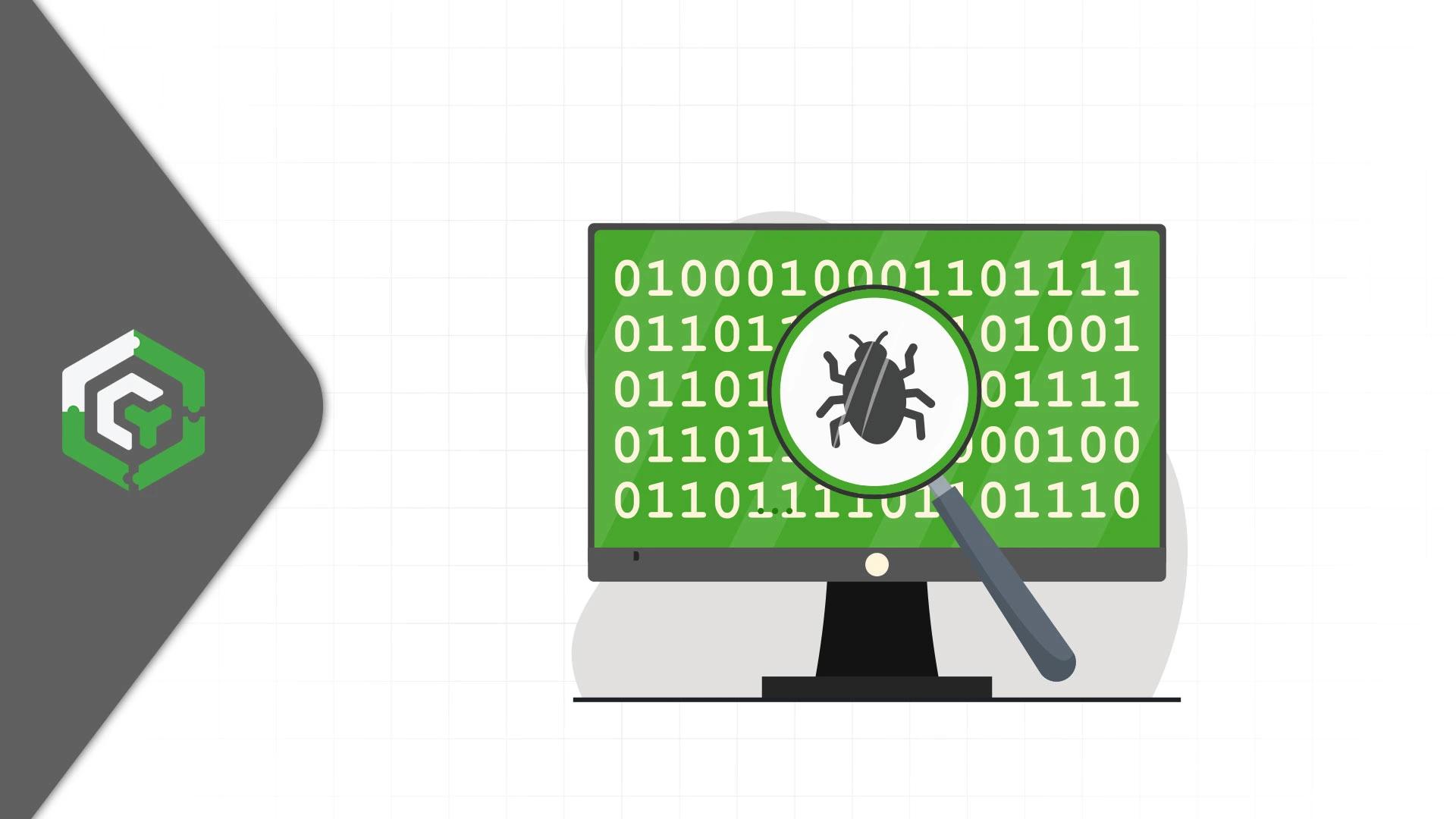Malware Analysis
The Malware Analysis Skill Up Test evaluates your ability to identify, analyze, and mitigate various types of malware. It covers essential techniques for static and dynamic analysis, reverse engineering, and identifying malware behaviors. This test is designed to assess your understanding of how malware operates and your ability to respond to cyber threats effectively.

Skill Required

Programming
Test your ability to present an idea within a group
Test Structure
Section 1
Malware Types & Classification refers to the categorization of malicious software based on its functionality, behavior, and the impact it has on systems. Understanding the various types of malware is essential for effective detection, analysis, and mitigation. This section covers different categories like viruses, worms, trojans, ransomware, and others, explaining their characteristics and how they are classified.
Section 2
Malware Analysis Techniques involve various methods used to understand, dissect, and neutralize malware. These techniques can be divided into static analysis and dynamic analysis. Static analysis involves examining the malware without executing it, while dynamic analysis involves running the malware in a controlled environment to observe its behavior. Both techniques are critical in identifying the functionality, origin, and impact of malware, allowing professionals to create effective defense strategies.
Section 3
Malware Detection and Mitigation involves the identification, analysis, and neutralization of malicious software to prevent harm to systems and networks. Detection focuses on recognizing signs of infection or abnormal activity using various techniques such as signature-based detection, anomaly detection, and heuristic analysis. Mitigation strategies aim to limit or eliminate the impact of malware, including containment, removal, and prevention of future infections. Effective malware detection and mitigation are essential for maintaining the security and integrity of digital systems.
